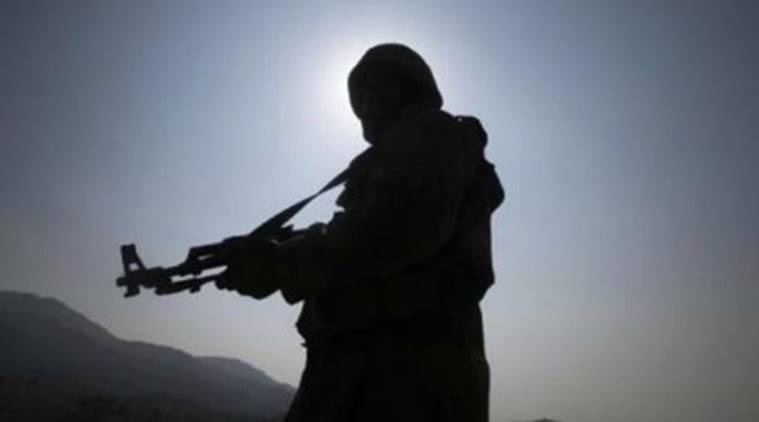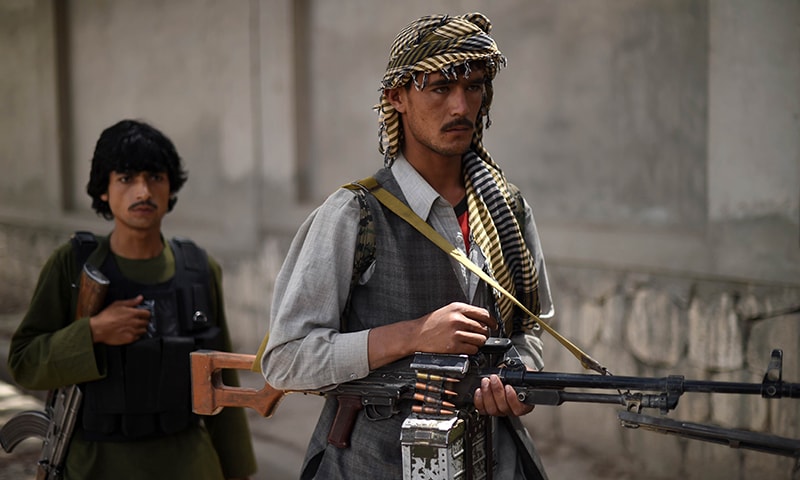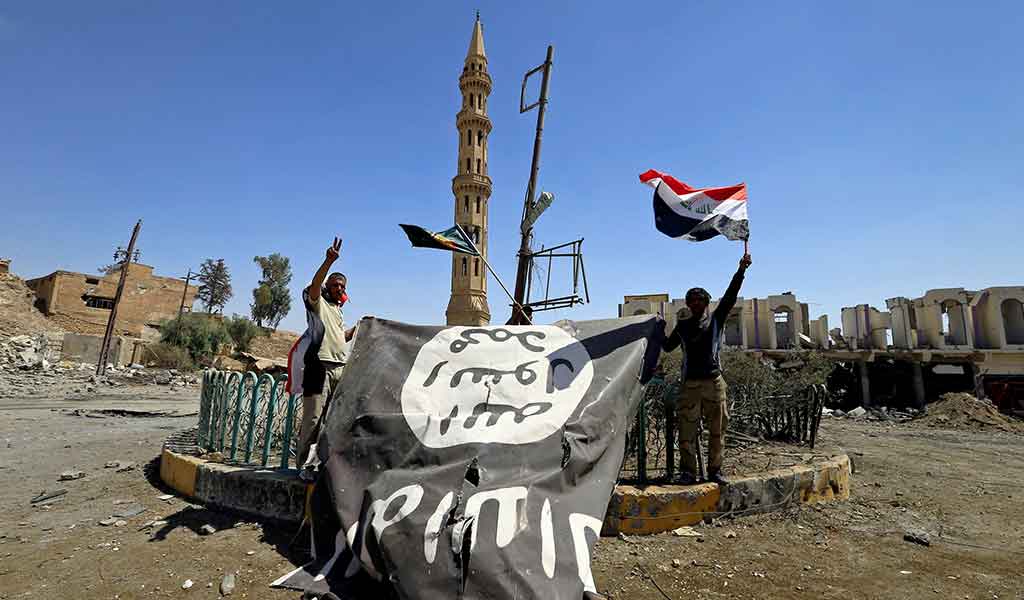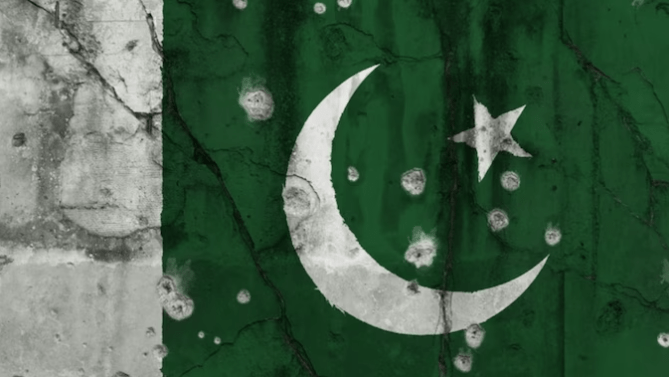War is an expensive affair, that’s a well-known fact. It has multidimensional aspects with enormous potential of disaster and devastation. Nuclear capabilities and technological advances have created a dread of unimaginable consequences which are preventing states from direct confrontation. But even then, wars are inevitable. In the current scenario, wars are going on in different guises and through many methods in different parts of the world.
In order to comprehend and analyze these conflicts, it is necessary to delve deeper into sources and methodologies which keep these wars going and hence, it is important to underline the availability of arms and the ideology which sustain wars.
The breakup of one super power, USSR, and subsequent disarray of global alliances has given birth to proxy wars which were rare in the past. These wars have proliferated and are now taking place in different corners of the world. Now, countries have even started staking their claims in joining or opposing proxy wars.
Recently, Turkey sent mercenaries to help Government National Army (GNA) to push back Libyan National Army (LNA). Some allies of Turkey have also joined this initiative. It is speculated that this is aimed at boosting Erdogan’s power in the region. The fact is that LNA has a deeper local and indigenous base which is being ignored to gain long and short term strategic objectives.
The political unity of Muslim countries was shattered with the disintegration of the Ottoman Empire. Subsequent developments like colonization and de-colonization introduced the concepts of Nationalism and Secularism which was adopted in majority of Muslim countries.
The concept of Nationalism which underlined the principle of ‘Love and Respect of Motherland’ equally brought forth the schisms within Muslim countries. Strong groups emerged who pleaded the brotherhood and unity of ‘Ummah’ (Islamic community) transcending physical territories of the countries. The strict adherence to clans, tribes and traditions which had been followed for hundreds of years and which Islam had sought to banish gained resurgence which resulted in the divisions within Islam. This assertion of different sects gradually created parallel systems, although each sect claimed to be Islamic. The rise of Wahhabi sect in Saudi Arabia proves the point. The sect, founded by Abdul Wahhab, a puritan and so-called fundamentalist was supported by wealthy Al-Saud family of Saudi Arabia. The sect utilized diverse methodologies to disseminate their ideology across the world. Their major appeal was to return to the phase of the era when Islam was founded. The Saudi patronage to the sect enhanced its force and influence.
Moreover, due to the fact that two holy shrines of Islam are located in Mecca and Madina in Saudi Arabia made it convenient to the adherents of Wahhabism to spread their ideology. These two shrines were left in the control of their managers even when Muslim countries were truncated from Ottoman Empire despite resistance and pleadings on the part of the latter. The roots of what is now alluded to Islamic fundamentalism may be related to this very development.
Three interesting off shoots, which have a great bearing on Islam and International relations deserve proper attention and discussion. First, the assertion of national sovereignty and national security on Muslim countries. It is important to note that after the Shah of Iran was thrown out, the leader of Islamic Revolution of Iran, Imam Khomeni raised the slogan “La Sharqiya La Garbia, Islamia, Islamia” ( Neither East Nor West, Everywhere it is Islam and only Islam).
It was expected that this slogan would catch the imagination of people in the east and west. But it was not to be so and countries marched on with time. The constitutions of Muslim countries make it clear that emphasis is laid on the safety and security of their mother lands.
Second, in pursuance of their national security, the Muslim States have not avoided open confrontation with their fellow Muslim countries. The Iraqi attack on Kuwait and subsequently, the turmoil in Iraq, Libya and Syria provide illustrations to the point.
Third, the availing of ideology of fundamentalism, extremism, and patronizing the groups aligned with these ideologies to further their security interests.
The uprisings by extremist groups in Muslim countries or outside is an ongoing enterprise. It may be noted that non-Muslim States have been helping the Muslim States and extremist groups by providing material and training facilities to provide expertise to militant groups in indulging in insurgencies and terrorist activities.
It took Human Rights groups a long time to realize the damage these groups were causing to ordinary human beings. The United Nations Council (then Commission) on Human Rights took some time to persuade the experts and Special Rapporteurs to constitute a group to monitor these activities.









